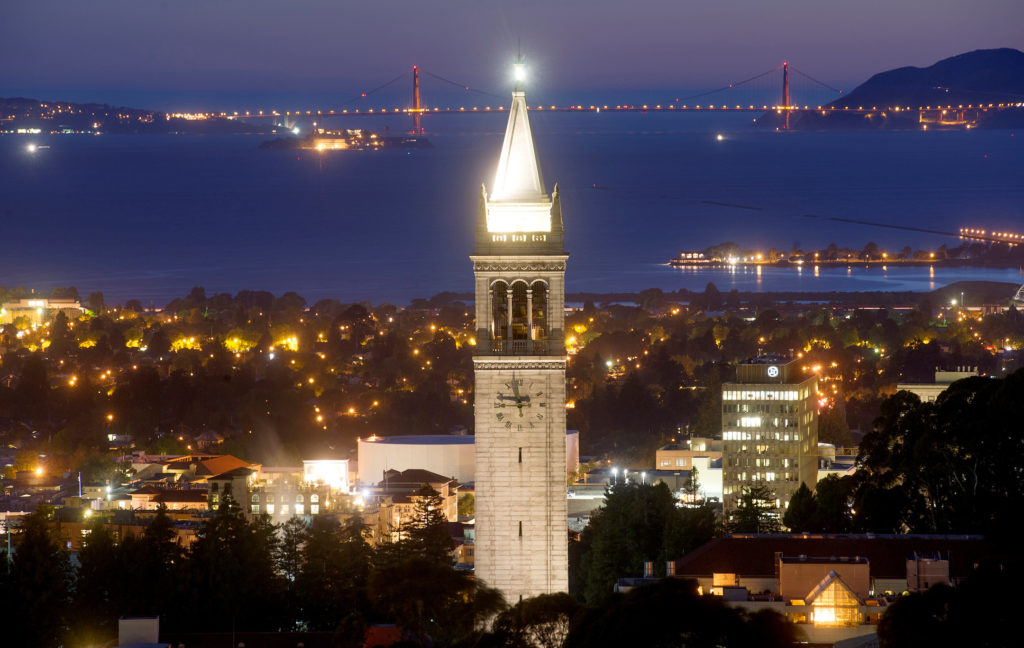University makes major push for diversity without considering race, gender in admissions

John Yang:
The University of California, Berkeley, accepted only about 11 percent of applicants for this year's freshman class, which is one of the most diverse in decades. Nearly 70 percent are U.S. students of color.
The university is trying to boost the number students that it defines as underrepresented. That includes African Americans, Chicanx, Latinx, Native Americans, Alaskan Natives, and Pacific Islanders. They have made some progress, but diversity number still have not returned to where they were in the 1990s.
In 1996, California voters approved a ballot initiative, Proposition 209. It said that race, ethnicity and sex could not be used in hiring or admissions decisions at state institutions, including colleges and universities. The result? A dramatic drop in the number of underrepresented minority students.
Carol Christ, Chancellor, University of California, Berkeley: Proposition 209 had a devastating impact on diversity on the Berkeley campus. Our percentages of underrepresented minority students dropped by about 50 percent.
ncG1vNJzZmivp6x7sa7SZ6arn1%2Bjsri%2Fx6isq2ejnby4e9SnoK%2Bdoqi2tcWMppiknaNiuqK2zqtkqa2jnXqnu9Fmm6KulafAqsDYZq6irJikwrV5wqilrKGUmr%2BqusZmqZqblWK0prrDnqlmoZ5irqW5yKyqoqeeqA%3D%3D